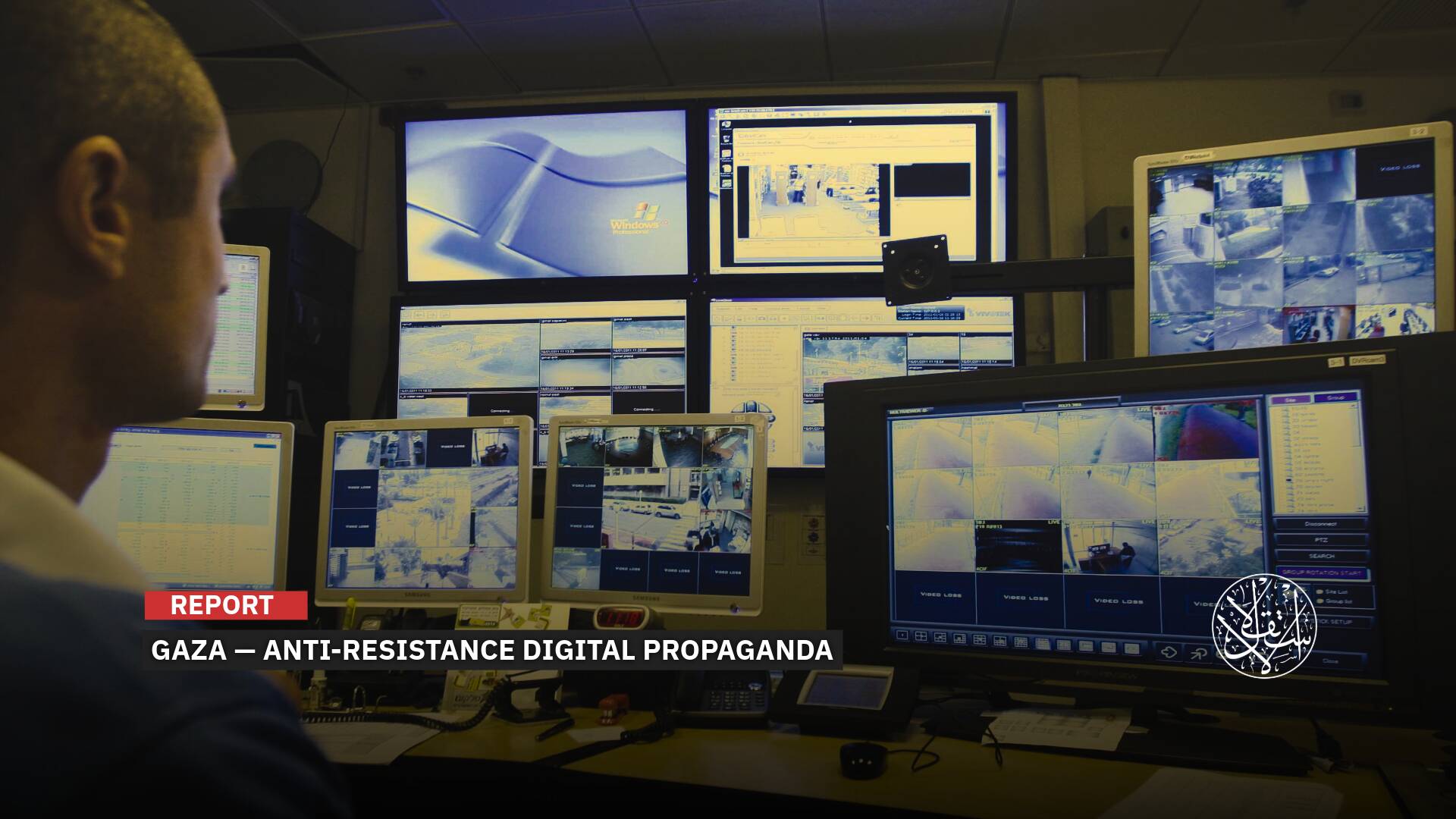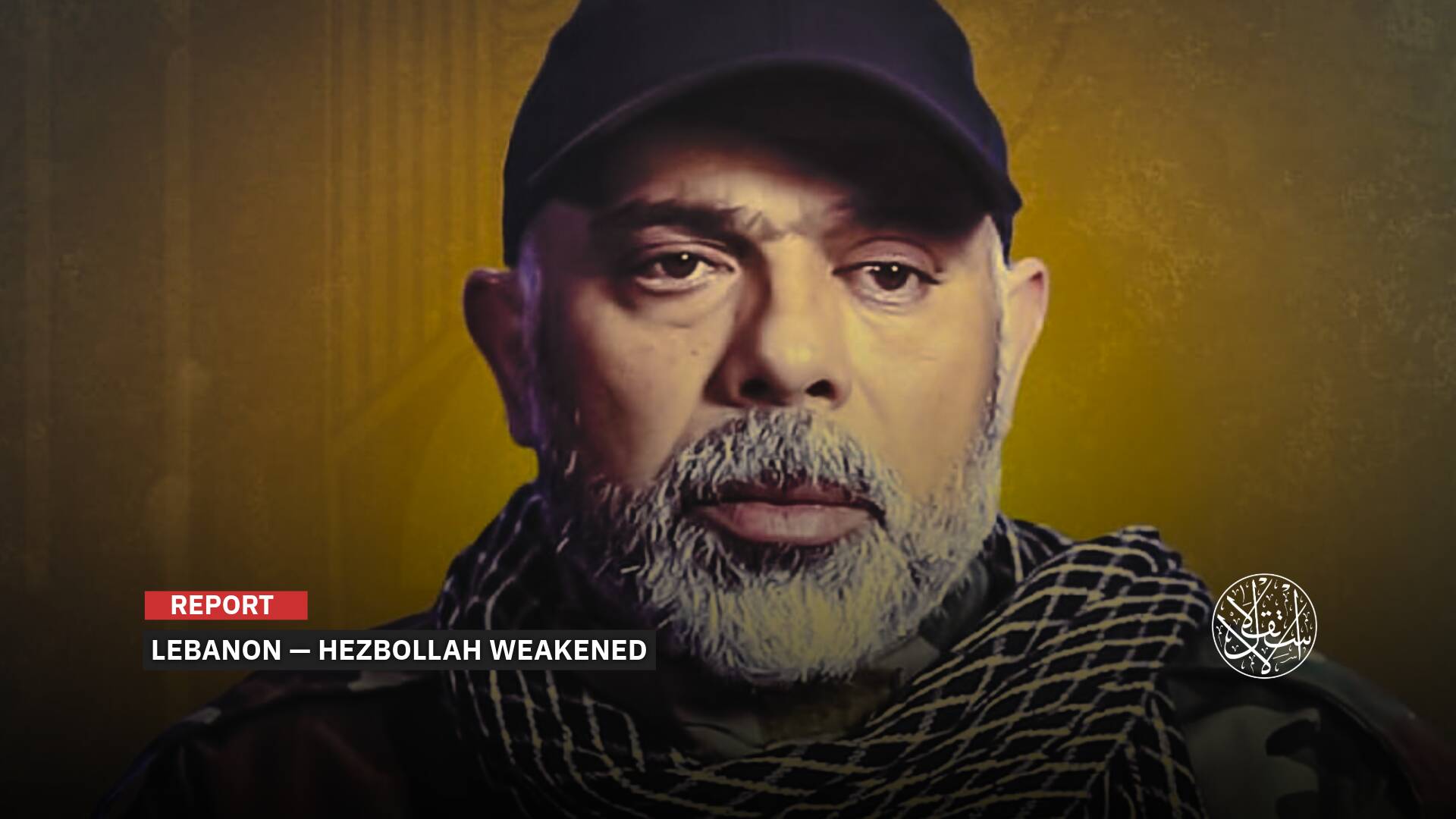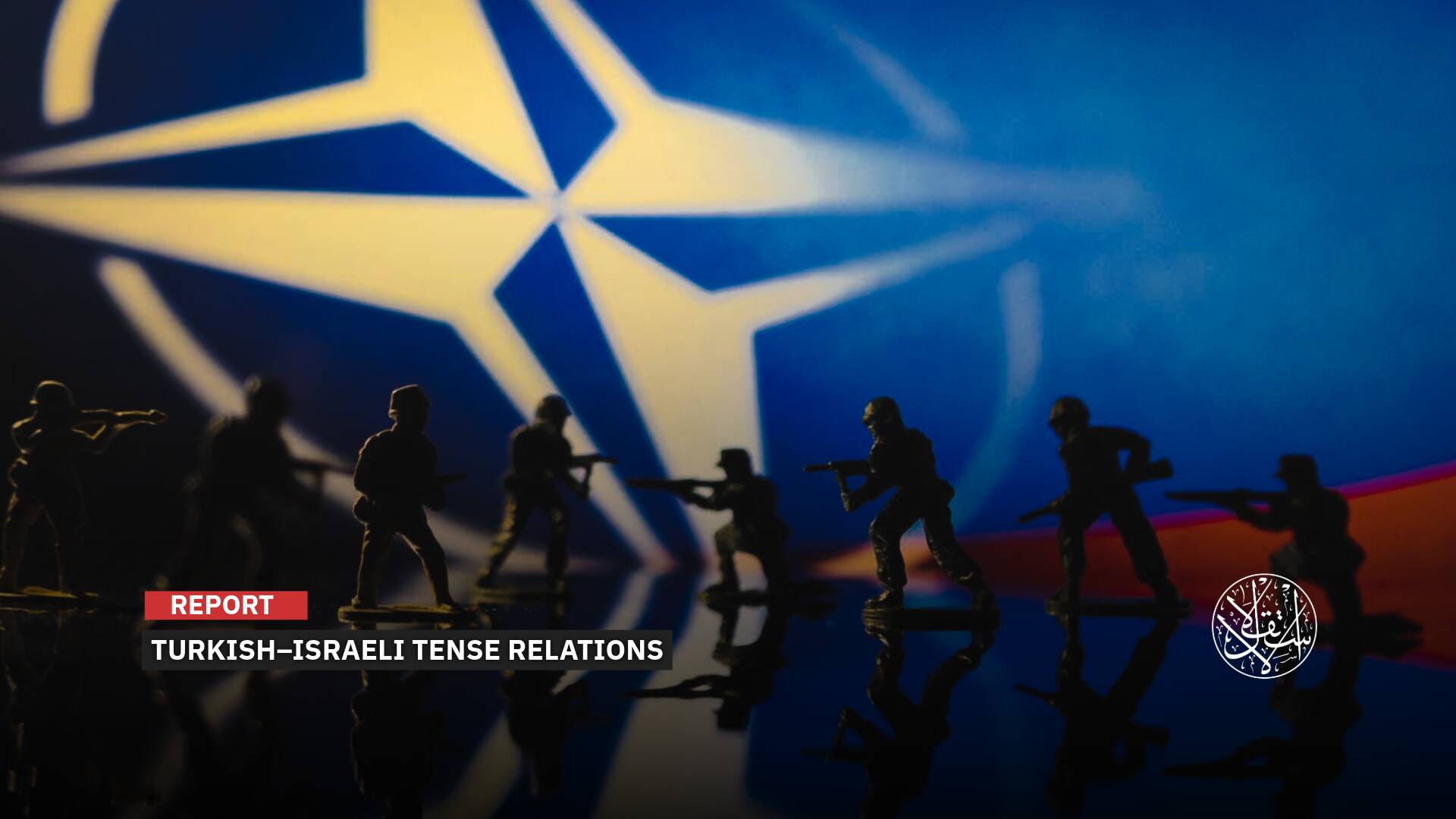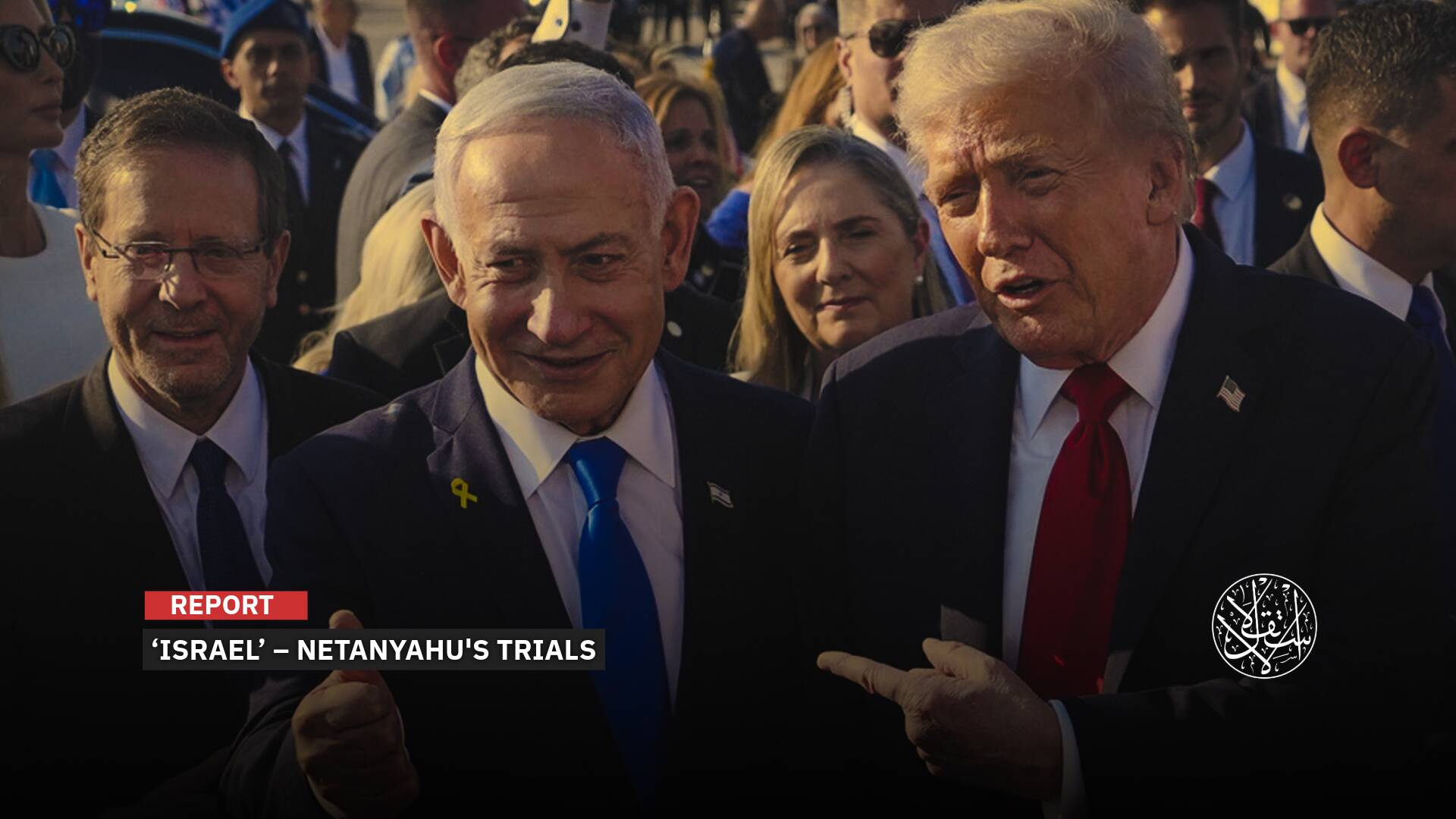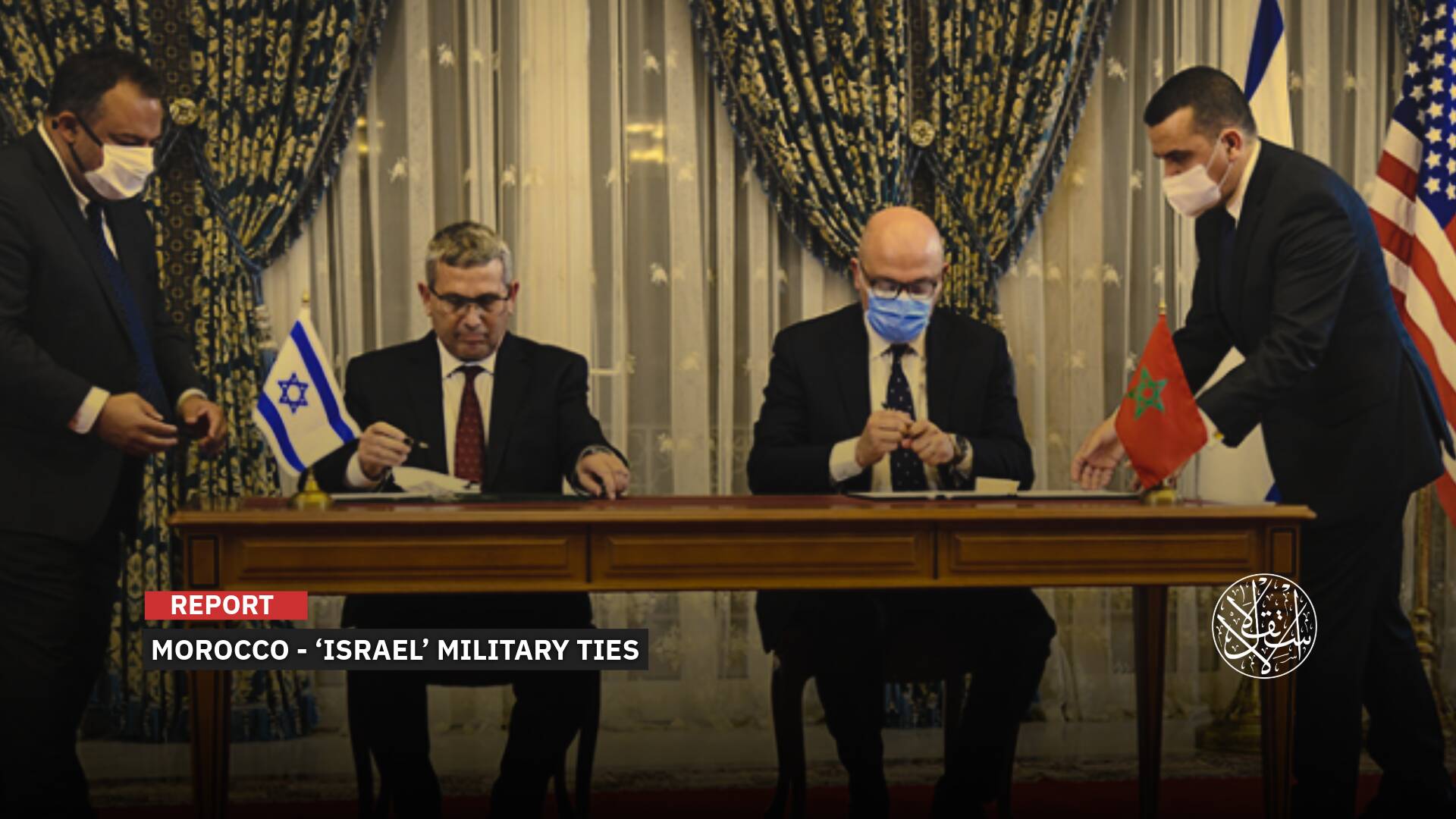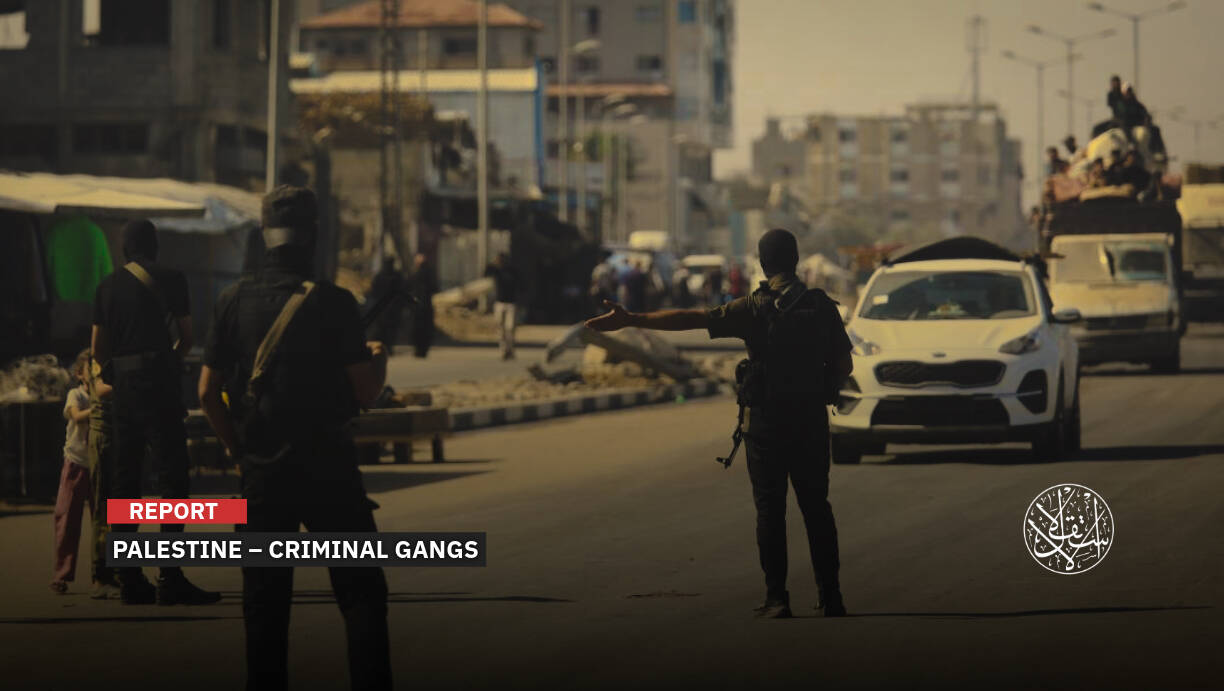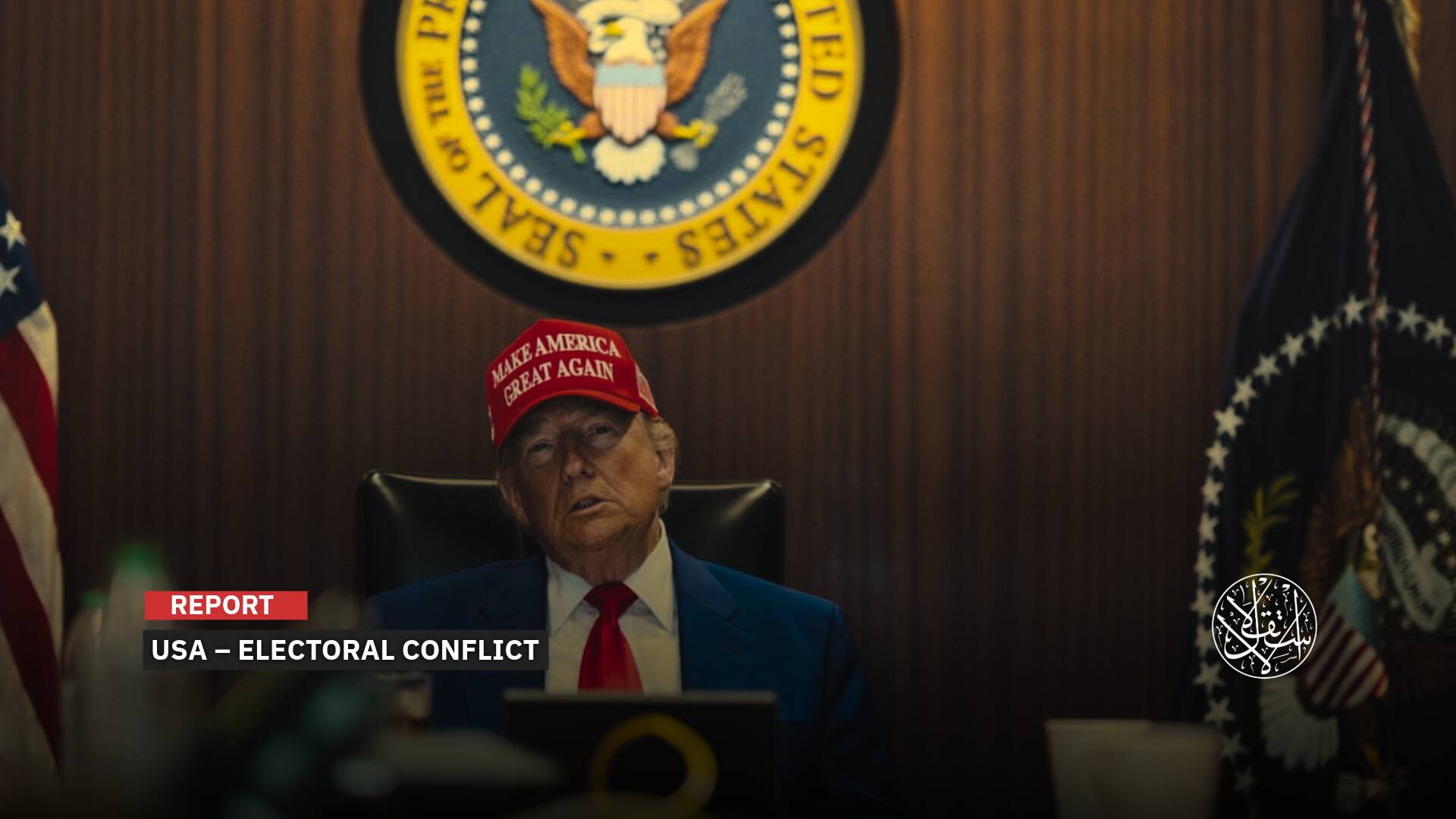Rising Hate and Deep Divisions Within Israeli Society
.jpg)
At a time when "Israel" is engaged in a new election battle, the fifth in three and a half years, a study published on August 3, 2022, found that political and social differences turn into intense hate that threatens Israeli society and undermines the foundations of democracy.
The study, which maps the divisions and hate in the Zionist society, said that the most prominent features of this phenomenon are that more than 51% of Israelis hate their political leadership, 40% hate the Arabs, and 20% hate ultra-Orthodox Jews (Haredi).
A 2016 Pew Research Center survey found deep divisions in Israeli society, not only between Israeli Jews and the country's Arab minority but also among the religious subgroups that make up Israeli Jews.
Almost all Israeli Jews identify with one of four categories: Haredi (ultra-Orthodox), Dati (religious), Masorti (traditional), or Hiloni (secular).
Societal Threats
With the start of the electoral campaigns of the Israeli parties competing in the upcoming early elections next November, the results of surveys and studies revealed the increasing scope of internal disputes and the widening of internal divisions among Israelis, and the high rates of hate and enmities and their transmission from the leaders of parties and parliamentary blocs to the grassroots in Israeli society.
A study conducted by Pnima Movement, run by former Education Minister Shai Peron, under the title The Hate and Polarity Index showed that 51% of Israeli citizens in general hate Members of the Knesset.
It explained that hate emerges among the voters of the There is a Future party (Yesh Atid), led by Prime Minister Yair Lapid, and the voters of the Blue and White (Kahol Lavan) party, led by Defense Minister Benny Gantz, as their percentage reaches 94%, but it drops to 64% among voters of right-wing parties and Arab parties affiliated with the Joint List or the United Arab List.
According to the study, 81% of the public demanded that state and party leaders give up some of their slogans in exchange for Israeli unity.
It also showed that 34% of Israelis hate journalists, 34% hate judges, 20% hate local mayors, 17% hate the police, and 13% hate homosexuals.
62% of the Israelis accused the media of contributing to the fragmentation of Israeli society and spreading hate and internal hate in it, while 31% said that social media platforms are the main reason for this, and 24% believed that the judiciary and law enforcement agencies are the ones who have deepened divisions and hate.
The study revealed that Israeli society tends to hate minorities, as 40% of Israelis hate the Arabs, 33% hate Jews from the former Soviet Union, 30% hate Mizrahim Jews, 26% hate Ashkenazim Jews, and 11% hate Ethiopians Jews.
Deep-Rooted Political Differences
The study, which was published a few days before the August 9 conference, or what the Zionists call the memory of the destruction of the Second Temple, touched on the relationship of hate to political fragmentation and partisan disagreements; 57% of the public said they do not suffer from political disagreements within the family.
Meanwhile, 40% considered that political differences do not affect the relations within the same family, and only 3% said that political disputes are reflected in the family.
In summarizing this study, the former Minister of Education, Shai Piron, said that "Israeli society is witnessing deep-rooted differences. Unfortunately, these differences are not ideological, political, professional, and objective, but are smeared with a disturbing tone of hate."
He pointed out that his Movement stresses the point of hate in an effort to put a hand on the wound and fight the phenomenon, adding, "If it is not treated as it should and at the right time, it will be dangerous."
In turn, his colleague in preparing the study, Professor Anita Shapira, said that she had reservations about the word hate because she believed that the public was conscious to prevent the aggravation of the phenomenon, stressing the need to make genuine efforts to confront hate and prevent it from escalating into dangerous conditions.
It added that the Jews in history hated each other much more than they do today, pointing out that the Jews have not yet reached the point of decline and the time when the Kingdom of Israel collapsed twice because of hate, according to her belief.
In turn, Nadav Shragai, a writer in Israel Hayom newspaper, analyzed in an article on August 3, 2022, the results of Pnima's study, saying that "it is an expression of the phenomenon of unjustified hate resulting from the high rates of internal divisions among Israelis, especially after the assassination of the late Prime Minister Yitzhak Rabin at the hands of an extremist, in conjunction with the rise of hate towards minorities within the state, even towards Jews of different origins.
"It is difficult to monitor indicators of hate within Israeli society without addressing what the Israelis fear, which is the civil war scenario, as a natural result of the dismantling of Israeli society into thin crumbs of hate, hostility, and evil, and an increase in the rates of incitement and violence, which contributed to its disintegration into torn pieces," he noted.
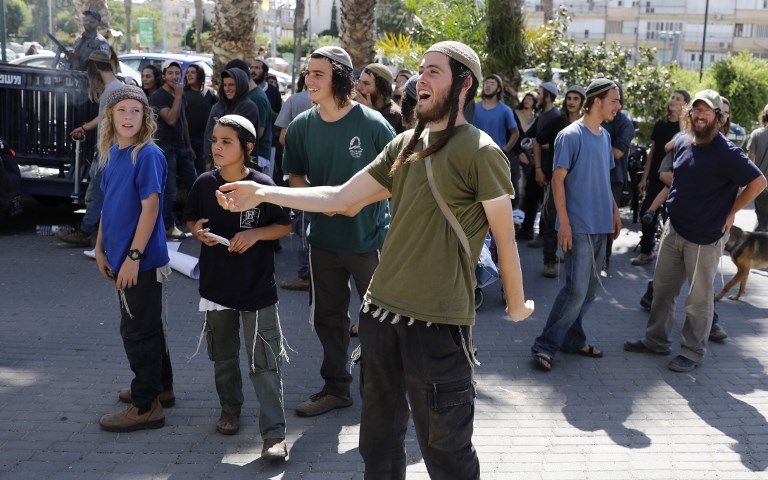
Is 'Israel' Divided?
In recent years, the cracks in the occupying state intensified, based on political and party affiliation, without canceling the fact that these party affiliations are linked to ethnic origins, according to observers.
Meanwhile, the crisis today is that "Israel" is divided over whether its former prime minister, Benjamin Netanyahu, will return to power.
The latest opinion poll within the Zionist entity, the results of which were published on July 31, 2022, on KAN, Israeli Public Broadcasting Corporation, revealed the depth of internal differences against the background of political positions and the main division between right and left in "Israel."
The results of the poll, which included more than 1,300 people of various partisan affiliations and definitions, concluded that there is an Israeli consensus on the disintegration and lack of unity of Israeli society by responding negatively to the question that says, "To what extent do you consider Israeli society to be united?"
According to the findings, the majority of Israelis agree that "Israel" is somewhat divided, and 2% of those who belong to the Likud party (right), led by Benjamin Netanyahu, said that "Israel" is very united, while 24% of them said that "Israel" is somewhat divided against itself, and 64% of them said that it is very divided against itself.
On the other hand, 87% of respondents who belong to the Yesh Atid Party (center-left) led by the current prime minister, Yair Lapid, said that "Israel" is very divided against itself, compared to only 2% who said that it is somewhat united.
As for the supporters of the Religious Zionist Party led by Bezalel Smotrich, 5% said that "Israel" is united, 21% said it is somewhat united, and only 29% said it is very divided against itself.
On their part, among supporters of the Kahol Lavan party led by General Benny Gantz, 73% of them said that "Israel" is very divided against itself, compared to only 5% of them who said that it is very united.

In September 2020, Forward published an article by Yehuda Lukacs, in which he saw that a civil war is about to erupt in "Israel" in light of the demonstrations calling for Netanyahu to be removed from office, which had begun in March 2020, in addition to the existence of divisions and feelings of hate among the components of the Jewish community.
At that time, an ethnic divide that pits the "Second Israel" (Middle Eastern or Mizrahi Jews) against the "First Israel" (Ashkenazi or European Jews) has become an integral part of the festival of hate, which led to the inability to bridge the gaps between the left and the Israeli right.



